Humans have produced "8.3 billion metric tons of plastics since the 1950s", and its impact on our planet is finally becoming clear. Yet globally, and even nationally, change is just not happening quickly enough. Our oceans are clogged with plastic, but as just one household, what can you actually do? Well, if we all, as individuals, try to make a conscious effort to reduce plastic usage, companies should notice. Businesses react to the market, and if consumer demand for non-plastics increases, combined with 'plastic-free' becoming "trendy", they should start to do something about it. This would further encourage governments to bring in sanctions against wasteful packaging (such as the plastic bag charge). As this happens, more and more of the public will start to realise how much plastic we rely on, or even, how difficult it is to avoid. To stay relevant, companies will need to start offering alternatives. Look at veganism. Many people you know may say that vegans are pushy or that they think they are better than you (or maybe they're tapping into an insecurity of yours, ey?). Yet, its growing popularity means that many companies that consumers are dependent upon are listening to this growing "lifestyle choice". It might not seem like much, but it's something. That's the key to changing your ways for a cause you believe in: no matter how small the change you make is (going meat-free one day a week, switching to bar soap, or taking a tote bag to a shop) it's something. So long as the change doesn't negatively impact upon your life and happiness, there's no reason not to. Being ecologically conscious is expensive, time consuming and not at all easy. So whatever you can do, you should be proud. It's not an individual's responsibility to change the world, but that's how change starts.
There are 7 categories of plastics that you'll probably encounter. Read more about the different types of plastic, what they mean, if they can be recycled, and how to identify them.
In a hurry? Navigate through the article using the links below...
- On The Go
- Cosmetics
- Bathroom
- Kitchen
- Household
- Avoid at all costs
On the go
Carry a reusable:
1. Water bottle
I use a stainless steel bottle to avoid any toxins from plastics (BPA free or not, I don't trust it!), but you can also get plastic or glass bottles to use on the go, as an alternative to buying bottled water.
2. Shopping bag
Avoid paying 5p by putting all those reusable bags (that you probably have lying around the house) to use.
3. Coffee cup (to avoid disposable and often un-recyclable cups)
Since the coffee cup levy announcement, this is one that many of us have considered recently. Below are a selection of re-usable flasks designed to replace the standard disposable cup:
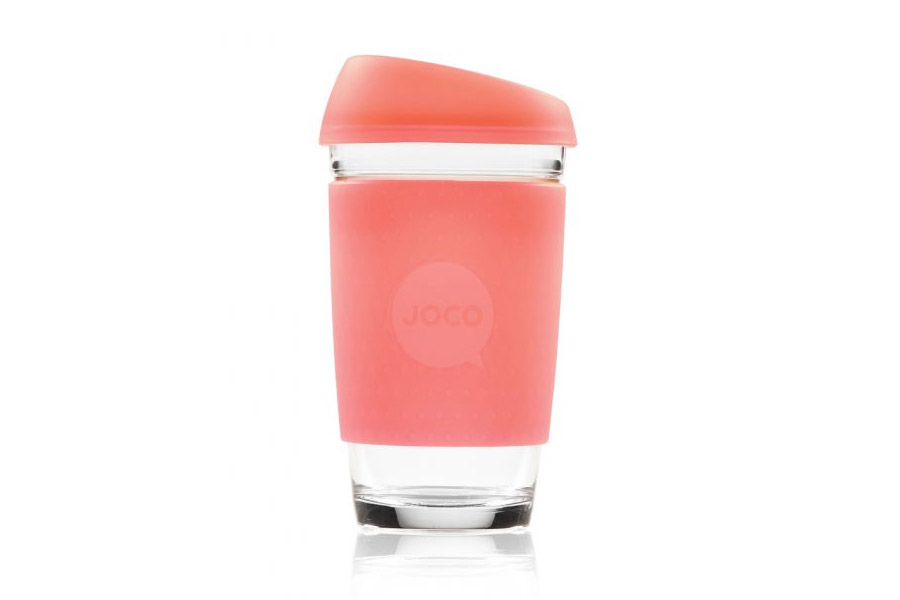
4. Non-plastic straws
Plastic straws are on their way out. While we hope that businesses will start to replace these with sensible and sustainable alternatives, get your own one in the meantime. Read about the alternatives here.
5. Portable (non-plastic) utensils
No disposable plastic knife and fork for me, thank you.
6. Chewing gum
Almost all chewing gum contains plastic. No completely plastic free alternatives seem to be available, but see here for updates. For now, maybe stick with mints.
Cosmetics
7. Deodorant
You can make your own, or go for a non-plastic, non-spray high-street option, such as Lush.
8. Make-up
Lush offers high street cosmetics with reduced or no plastic, or check out this blog post for a more in-depth report. You can also have a go at making your own eyeliner and mascara with this guide.
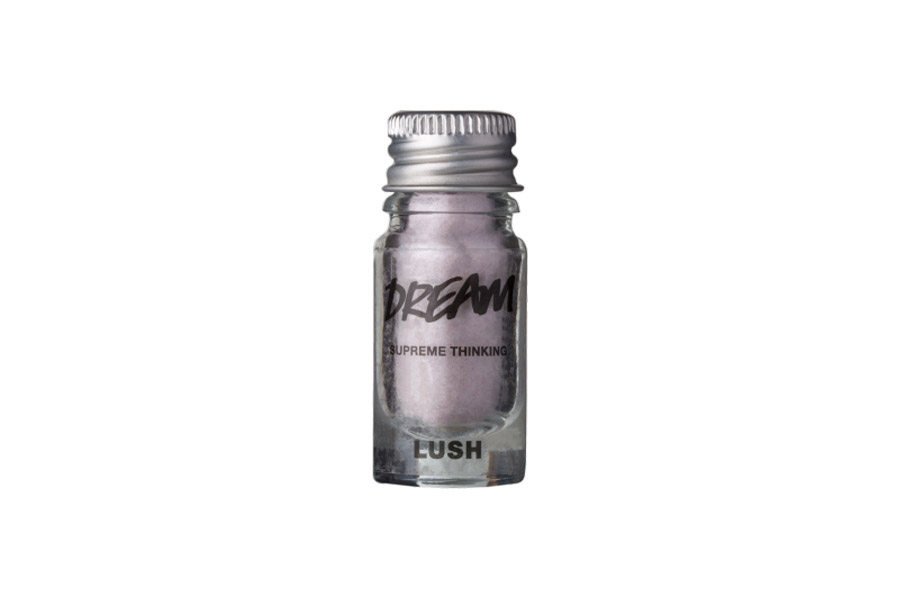
9. Sanitary wear
I hate to break it to you, but the best way to reduce plastic waste in regards to sanitary wear is invest in reusable items, such as cotton pads, or a Moon Cup. But if you do want to stick to disposable products, try sites like Natra Care.
10. Razors
Invest in a safety razor and use bar soap to remove plastic from your hair removal rituals. Read why here.
Bathroom
11. Swap hand soap for bar soap
I know, I know, bar soap reminds you of your grandparents. Fine, it isn't as good as liquid soap, but this is an easy change we can all make to reduce plastic.
12. Swap shower gel for bar soap
Soap nuts sell soap bars from £4, and Little Soap Company's products are available in Waitrose.
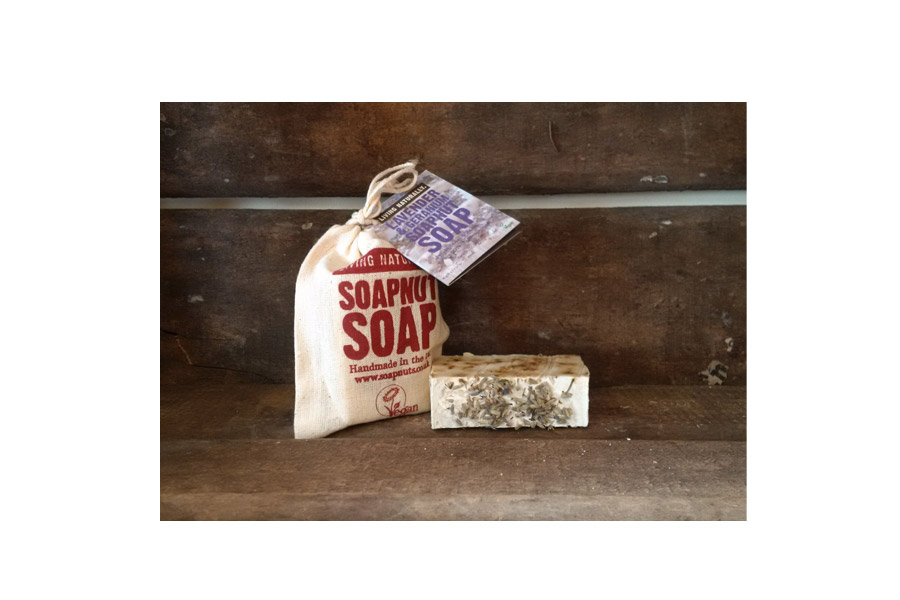
13. Toothbrush
Swap plastic for wood (i.e. bamboo) + varying bristles materials:
14. Toothpaste
To avoid plastic, make your own, or go without.
15. Shampoo & Conditioner
Again, switch plastic bottles for bars.
Or stop shampooing entirely, if you're up for the challenge? See the No 'Poo Method for more.
16. Toilet roll
Loo roll without plastic exists:
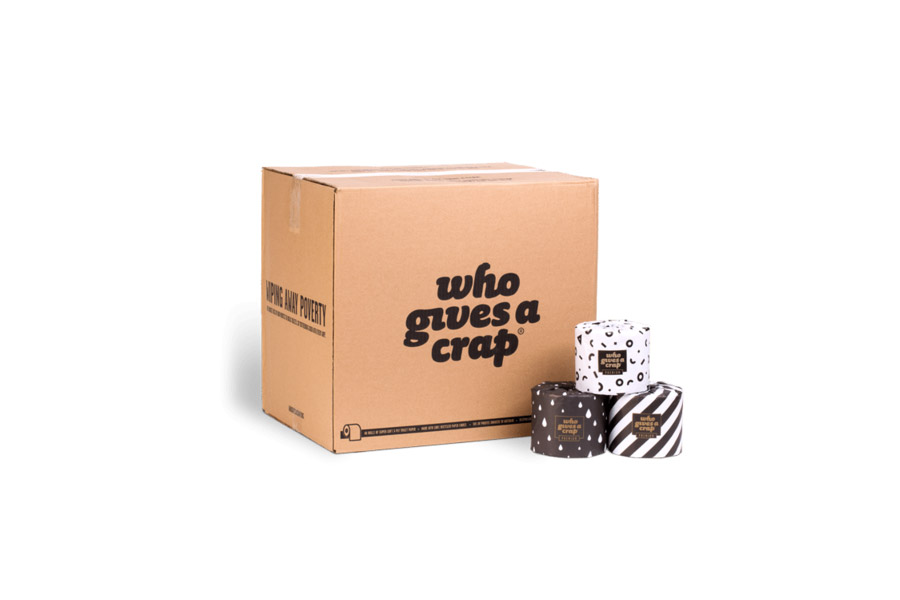
Kitchen
Groceries
17. Opt for refillable milk bottles or cartons
Same goes for milk alternatives. You could even opt for old fashioned glass milk bottles!
18. Buy cheese in bulk
Let its rind be its wrapper.
19. Buy veg in paper bags
Or invest in a reusable container to take to your local green grocers / farmers' market or supermarket.
20. Buy bread in paper bags
Or get a cloth bread bag to take to the shop / bakery.
21. Avoid drinks in plastic bottles
22. Avoid ready meals or frozen food with plastic
Food Preparation
23. Invest in a glass blender
24. Opt for stainless steel or cast iron pots and pans.
Non-stick cookware 'leaks' plastic toxins into your food. See further reading for more.
25. Get a stainless steel ice cube tray
Food storage
26. No more plastic tubs
Switch up plastic Tupperware for stainless steel / glass container / mason jars, available in most home stores.
27. Bye cling film
Alternatives include: Beeswax or Soy wax food wraps like this one.
Waste
Try and separate out your waste as much as possible so you won't need non-biodegradable plastic bin bags to contain the mix of wet and dry waste.
28. Compost your food waste
If you don't have a garden or a local place to put your compost, you can use biodegradable compost bags.
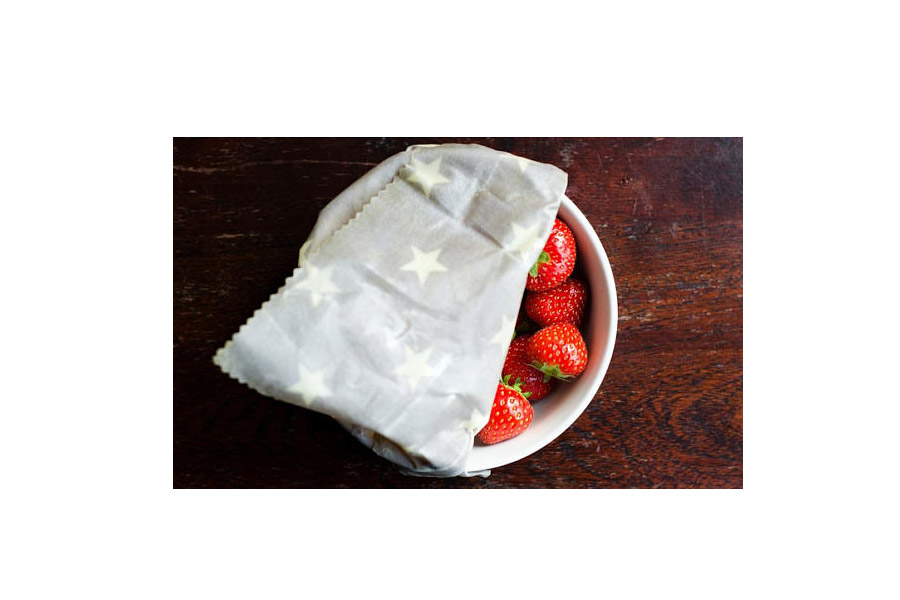
Household
29. Cleaning products
How Clean is Your House's Kim and Aggie would be proud if you start using vinegar, bi-carb and citric acid etc. Find out more here.
OR buy products like Ecover that are 'designed to be refilled' – though we're not sure where exactly. Their website says: "You can find refill stations at many of your local health food stores."
30. Laundry detergent
Find products with a refillable option, or make your own.
Avoid at all costs
If you do but one thing on this list, avoid PVC . The main reasons are bullet pointed below or read the full version here.- Contains chlorine
- Releases harmful hormone-altering chemicals
- Contains lead
- Difficult to recycle
- Releases toxic gas when burnt
Bigger issues to think about
Packaging from deliveries/takeaways
Sometimes you can request minimised packaging when you order online, but it's not that common, especially when it comes to the usual companies that we order from. Lots of businesses are becoming more conscious of their packaging and choosing for compostable options, but sadly the easiest way to package food for takeaway or delivery is plastic. Consider this and its impact before your next order.

Electronics
In an age where technology is manufactured with a relatively short shelf-life in order to guarantee future sales, it's no wonder so many plastic cladded electronics are just discarded. Look after your items, only buy things you actually need (for example, I just threw away a plastic usb-powered keyboard vacuum cleaner I bought for £1! So cheap, but so pointless and wasteful), and buy second-hand whenever you can.
Not to mention...
Pet care, Car care, Child care, Toys, Stationery and much more.
This article has only skimmed the surface on how to reduce plastic use in 2018, and we hope that consumers looking for alternatives will mean the market will be forced to re-evaluate how their products are made and packaged. In the meantime, you can make a good start, so well done! See below's further reading for even more in-depth guides. Finally let's recite the recycling mantra: Reduce, Reuse and Recycle. It's all very well swapping plastic for paper, but don't forget to consider your habits as a consumer in a more general sense by reducing quantity and reusing where you can.
Further Reading
100 Steps to a Plastic-Free Life - https://myplasticfreelife.com/plasticfreeguide/ Living Without Plastic - http://www.pfree.co.uk/




